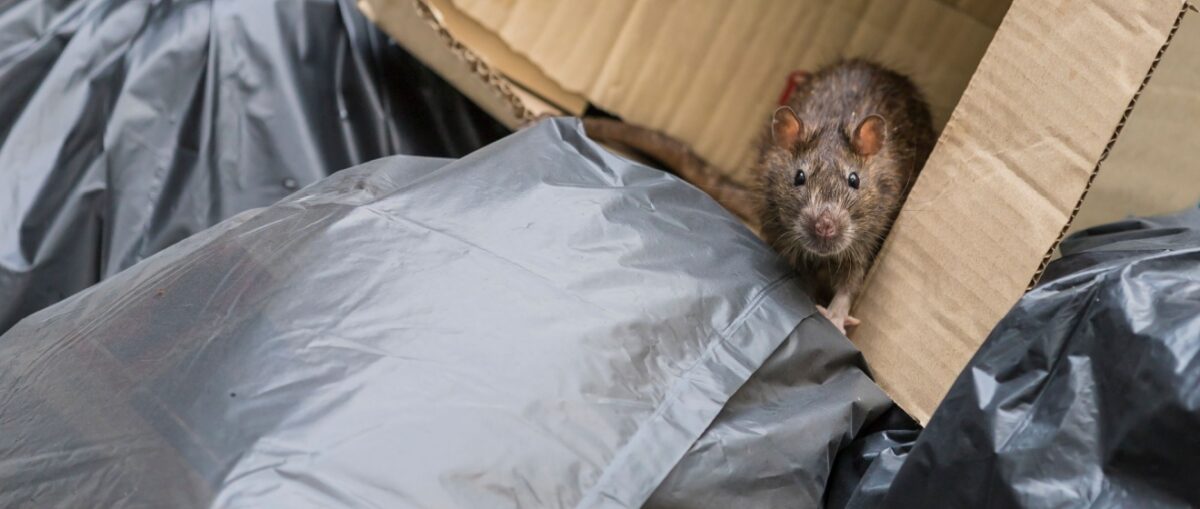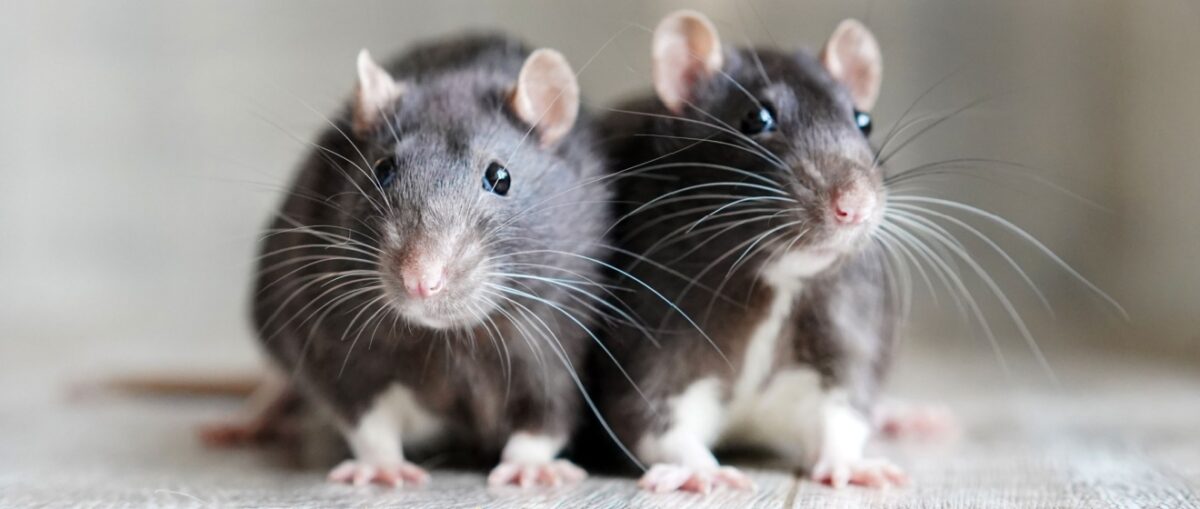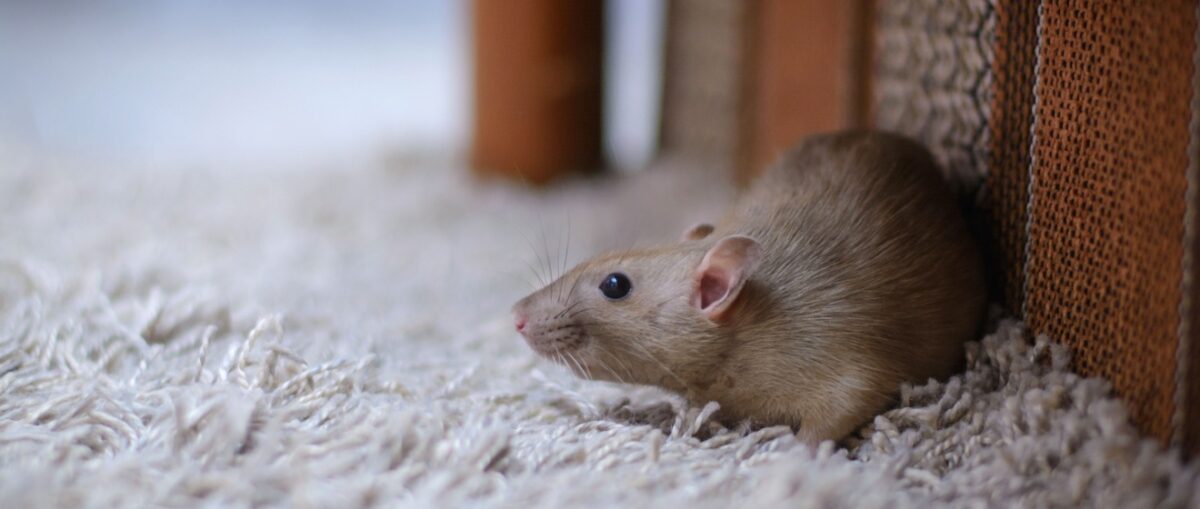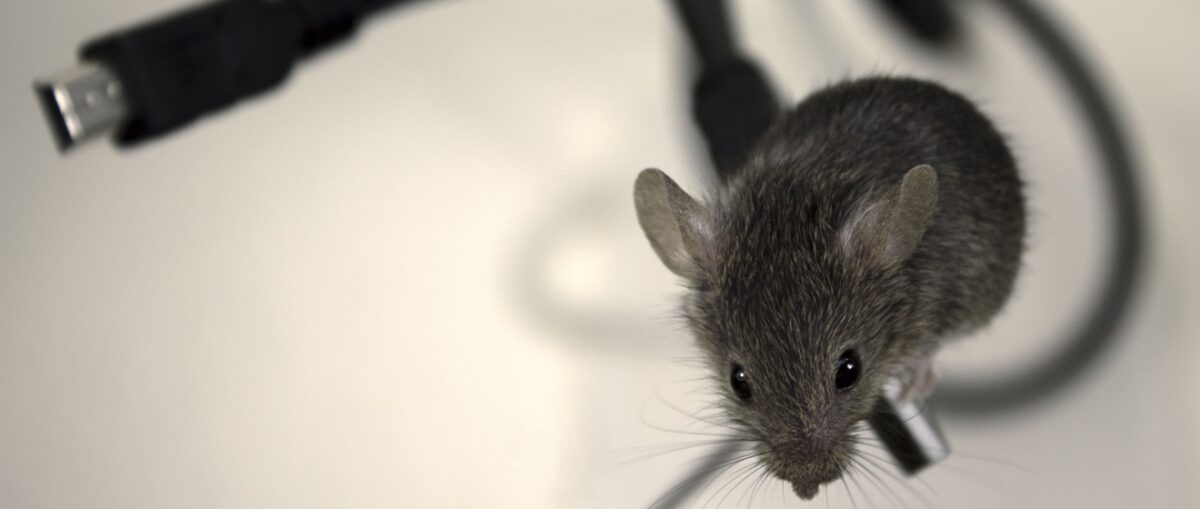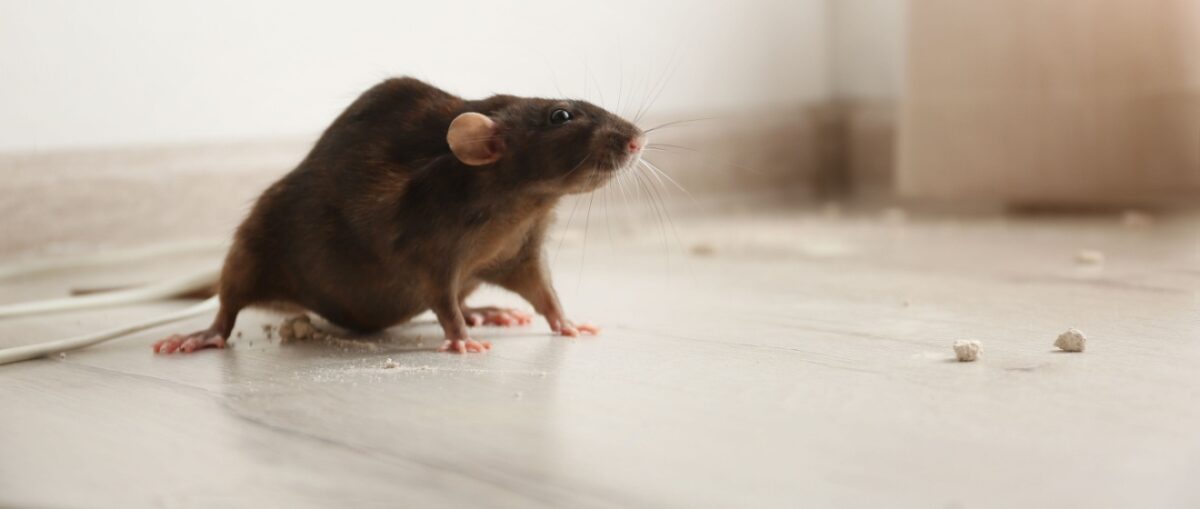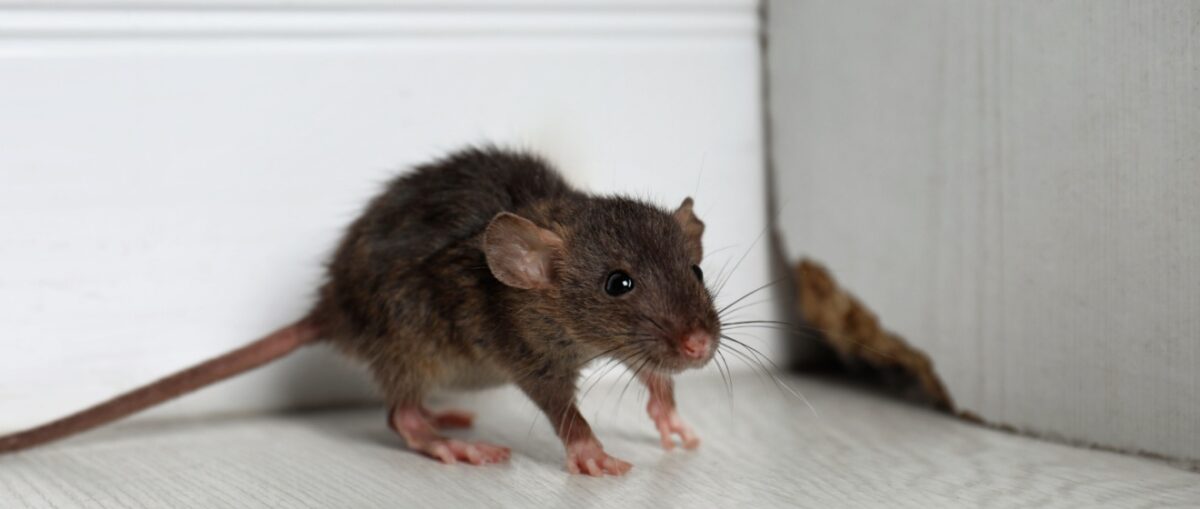In a bustling city like New York, maintaining a clean, mouse-free office or retail space can feel like an uphill battle. However, prevention is well within reach if you know where to start. Whether you manage a small boutique or a large corporate office, implementing targeted strategies can deter infestations before they begin. For more detailed guidance, consider browsing these professional rodent control solutions to protect your commercial property.
Identify Vulnerable Entry Points
Mice can squeeze through openings as small as a dime. Begin by inspecting your commercial property thoroughly. Check for cracks in the foundation, gaps around utility lines, and spaces around doors and windows. Seal these areas with materials like steel wool or heavy-duty sealants. By limiting access, you force mice to look elsewhere for shelter.
Maintain a Clean Environment
A cluttered, poorly sanitized space is an open invitation to rodents. Make cleanliness a top priority.
- Regular Cleaning: Vacuum floors, wipe down counters, and sanitize surfaces daily.
- Proper Food Storage: Keep all snacks, pantry items, and break room supplies in airtight containers.
- Disposal Protocols: Use sealed garbage bins and ensure that trash is removed promptly.
These measures reduce the incentive for mice to settle in your office or retail store.
Control Moisture and Standing Water
Rodents need water as much as they need food. Inspect the premises for leaking faucets, dripping pipes, or excess moisture in basements or storage rooms. Repair leaks promptly and ensure adequate ventilation to discourage rodents from taking up residence.
Use Rodent-Proof Containers and Furniture
In retail spaces, consider storing backstock and merchandise in rodent-proof containers made of metal or thick plastic. Office managers should encourage employees to keep personal items and food in secure lockers or cabinets. By limiting accessible hiding places, you make it tougher for mice to remain undetected.
Implement a Regular Inspection Routine
Train maintenance staff or hire a professional to perform routine inspections. Early detection can save time and money and protect your business’s reputation. Keep an eye out for:
- Droppings or gnaw marks on furniture and packaging
- Holes in walls or near electrical outlets
- Strange odors or scurrying sounds, especially at night
Consider Integrated Pest Management (IPM) Techniques
Rather than relying solely on traps and chemical treatments, think about IPM strategies. These involve a combination of methods—sanitation, structural repairs, education, and monitored bait stations. Professional pest management companies can create custom plans that suit the unique conditions of your property.
Train Your Staff
Your employees are the first line of defense. Educate them about reporting any potential sightings immediately and following proper waste disposal protocols. A well-informed team helps maintain a rodent-free environment more effectively than any single preventative measure.
Keeping mice out of your NYC office or retail space is an ongoing process of maintenance, education, and strategic prevention. By staying vigilant and implementing the right measures, you can ensure that customers, employees, and tenants never have to face the displeasure of encountering rodents. When in doubt, turn to the rodent control experts at Broadway Pest Services who can offer tailored advice and lasting solutions.


